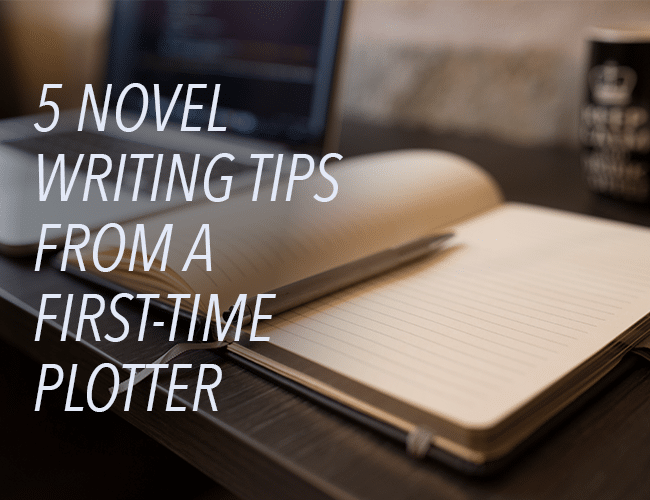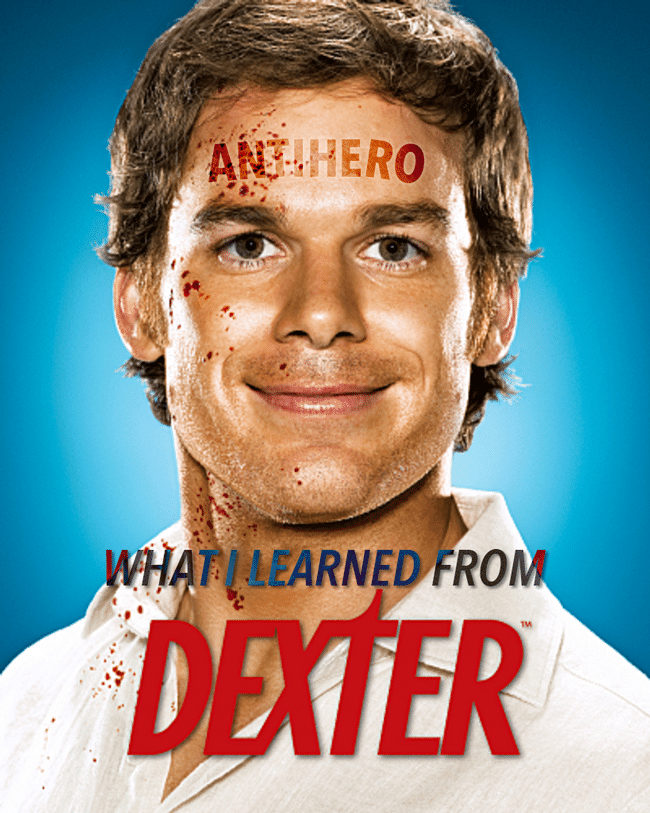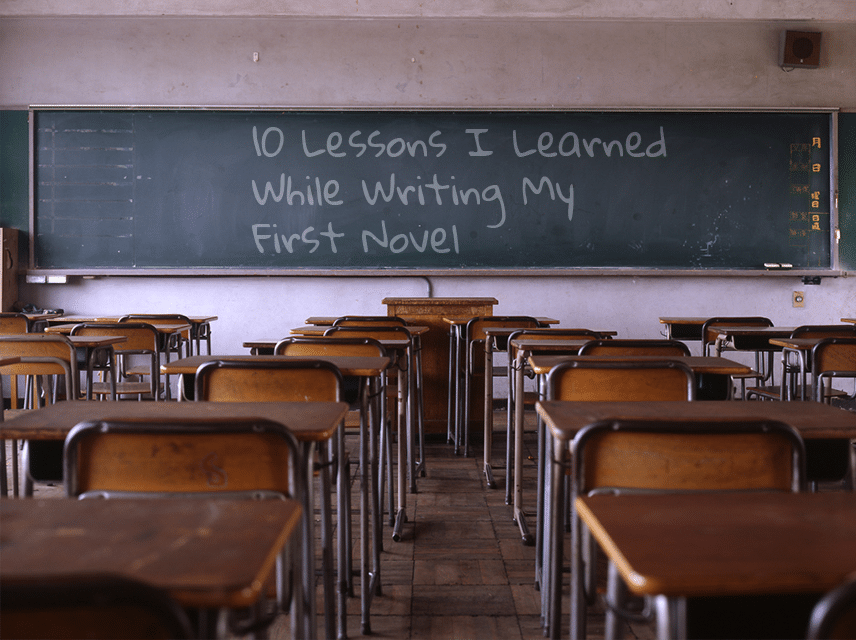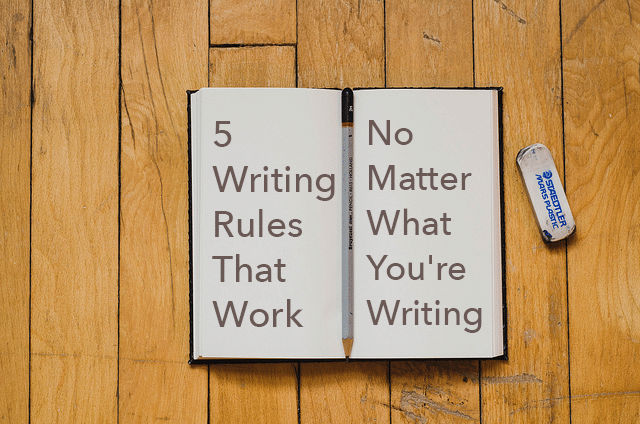
by Emily Wenstrom |
They say there’s two types of novel writers: pansters and plotters.
Pansters catch the spark of an idea and just get down to the writing. Plotters, on the other hand, create an outline of the novel before stringing sentences together.

by Emily Wenstrom |
This summer, I’ve been binge-watching my way through the television show Dexter. For those of you unfamiliar (don’t worry, no spoilers here): Dexter is a serial killer. He is also the protagonist of the show.

by Emily Wenstrom |
We know how to become better writers. As with anything in life, the way to get better is to practice.
That said, there’s two kinds of practice. There’s the competitively oriented kind where you run drills to improve, like soccer.
And then there’s the process-oriented kind, where you mindfully return to it over and over, for the sake of the experience itself, like yoga.
If you want to be a better writer, you have to practice like you practice yoga.

by Emily Wenstrom |
Within the last week, I’ve completed the final round of revisions on my fantasy novel and started querying agents. Here’s what I’ve learned.
Woo! Huzzah! Happy dances all around.

by Emily Wenstrom |
Short stories. Marketing. News reporting. Poetry. Business proposals. Literary fiction. Technical writing. Blogs.
There are a ton of different kinds of writing out there, each strikingly different from others, and each different kind requires different writing rules.







